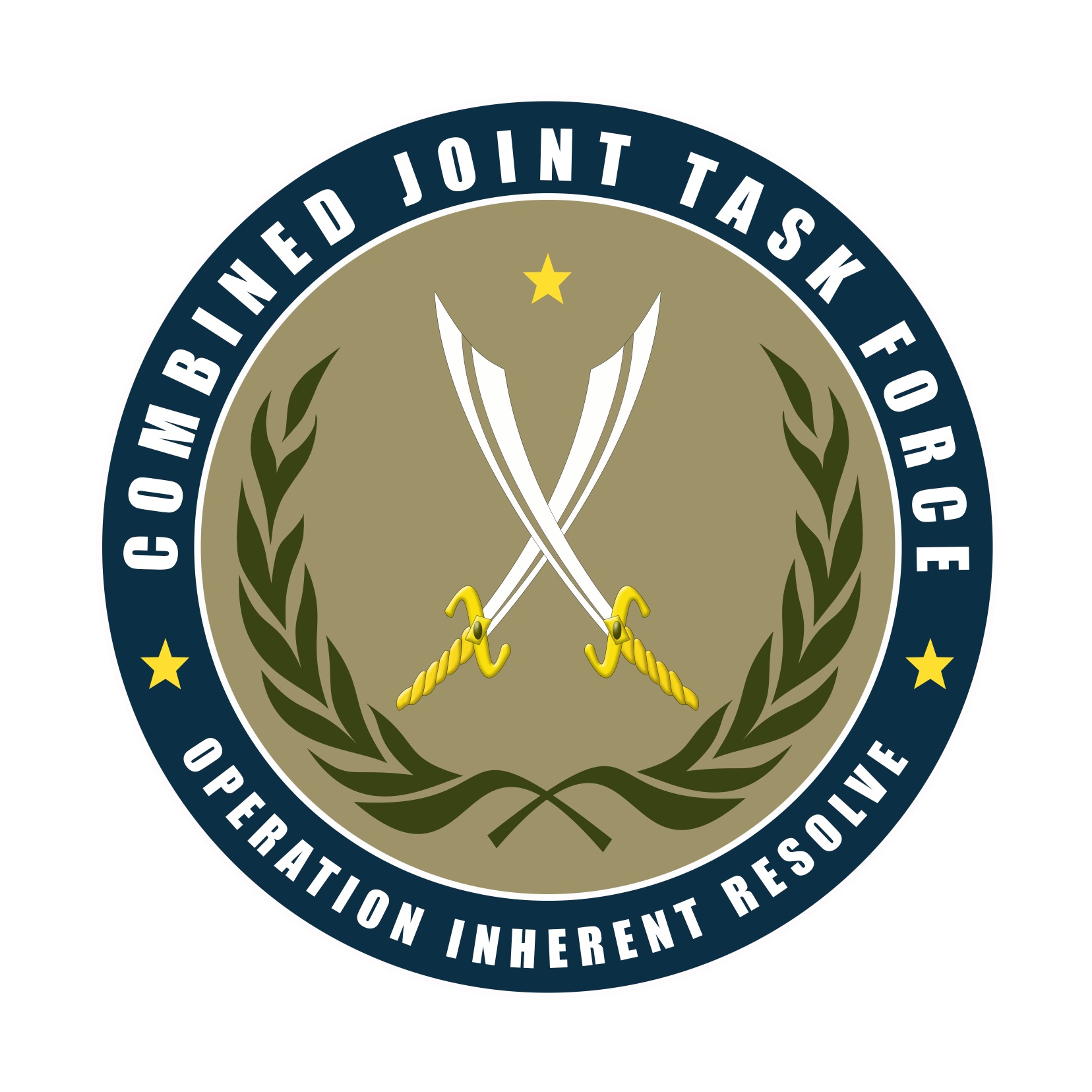Climate change has been a topic of grave concern for several decades. Time and time again, the world has been warned of the dangerous implications of pollution and the harmful consequences of our culture of mass resource consumption for our environment. Lately, governments have frequently stressed that climate change goes far beyond the usual topics of coastal degradation, warming temperatures, and desertification.
The reality today is that as the effects of climate change become more pronounced, global conflicts grow in complexity. When it comes to security issues, climate change serves as a “threat multiplier”, aggravating already fragile situations in vulnerable states and producing more instability and conflict.
This phenomenon is most evident in Syria, where the effects of climate change are said to have been a factor in the uprising against President Bashar al-Assad in 2011. Between 2006 and 2009, Syria experienced a prolonged period of extreme drought that scorched crops and negatively affected livelihoods in rural areas. The pressures of the drought, coupled with the government’s mismanagement of agricultural and water resource policies, ultimately created a significant spike in urbanization, forcing nearly 1.5 million Syrians to migrate to the cities in hopes of better economic opportunities. Unable to accommodate the new influx of displaced people, urban areas experienced new socio-economic tensions that contributed to the eventual insurgency against Assad.
Warmer temperatures have had similar effects on conflicts all over the Middle East and Africa, the areas most affected by climate change. Its clear role in global conflict notwithstanding, environmental deterioration is obviously not the only cause of political instability. Rather, the effects of this process tend to rub salt in already festering wounds, adding to a host of other negative contributing factors.
Experts have identified several key security threats that are intensified by a warmer climate, all of which promote the political instability that creates conditions for conflict. Climate change increases competition for already scarce resources, such as water, creating a new issue of contention in these high-risk areas that reduces trade and any possibilities of multilateral collaboration.
Warmer temperatures also increase food insecurity and the likelihood of extreme weather events, which, in turn, lead to forced migration and tensions between native and refugee populations.
While it is usually underdeveloped states that suffer the most from climate change, developed states tend to be the top emitters of greenhouse gasses. Now that it is widely accepted that hotter temperatures are a security threat, wealthy states must ensure that the effects of climate change are a core consideration when negotiating peace agreements.
In June 2015, G7 foreign ministers commissioned a report discussing the risks of climate change to security and stability worldwide. According to this report, the only way to address climate change-related threats for vulnerable states is to mitigate their effects with integrated policies and initiatives.
Governments can provide assistance to help vulnerable states anticipate and properly react to fluctuating weather and temperature patterns in order to minimize the negative effects that may result. When providing development and humanitarian aid, these states can also put an emphasis on capacity building and suitable governance practices in order to build political and economic resilience to climate change. Finally, peacebuilding activities must address the primary consequences of climate volatility in order to make sustainable peace possible.
Warming global temperatures add a new and unique dimension to the politics of global security. Although preventing and slowing climate change itself presents a very challenging task, improving our ability to adapt to it is entirely possible and is a pressing security objective.




